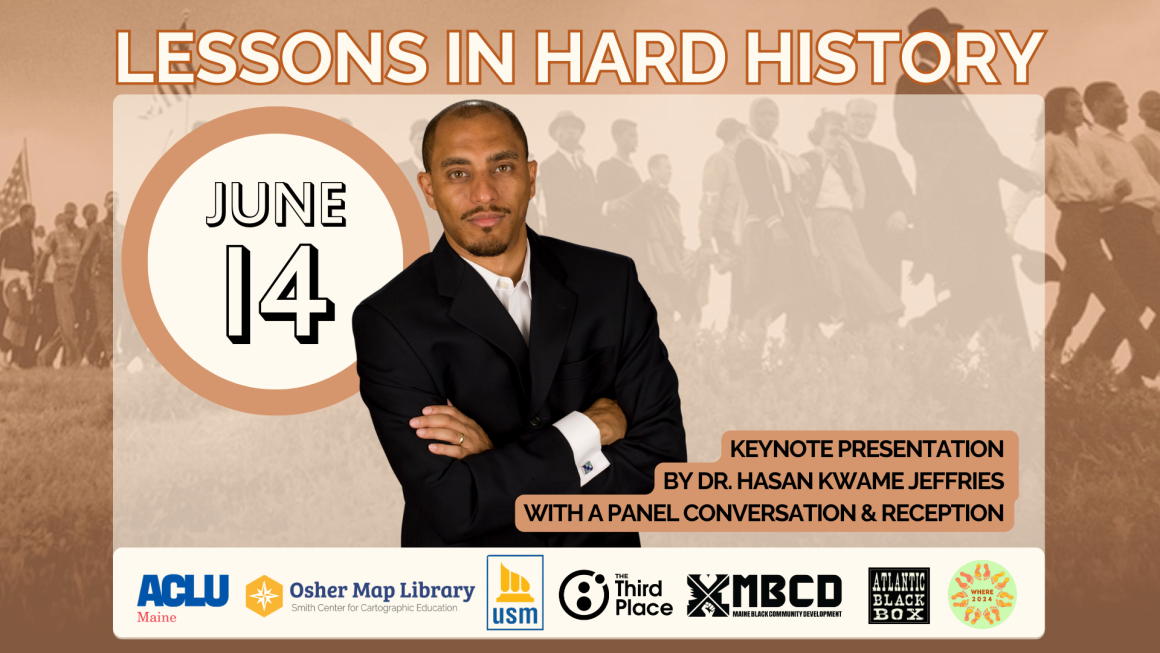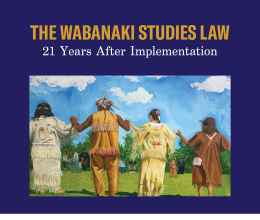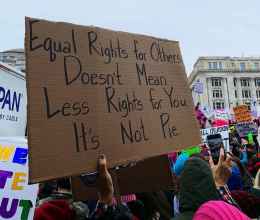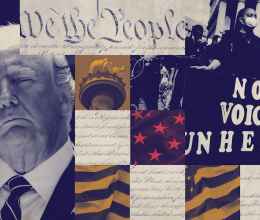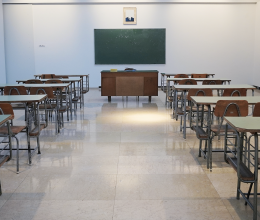Maine is a product of its past, both good and bad, and the current political moment is a result of all that has come before. Yet Mainers – and Americans in general – often find it impossible to talk openly and honestly about historical events that involve race.
The ACLU of Maine is part of an effort to make sure students are taught the full and accurate history of the place we call home, even when it is painful to do so. We must have a collective – and accurate understanding of the past – so we can repair historical systemic inequities and harm and look ahead together. The ACLU of Maine has been central to pushing back against classroom and library censorship and promoting legislation to give teachers the necessary resources to teach Wabanaki and African American studies in Maine's public schools.
This work comes during tremendous headwinds from those seeking to imprison our history behind locked doors. For instance, the American Library Association documented attempts to censor 4,240 separate books in 2023. It was no mistake that 47 percent of those books represented the lives of LGBTQ people and people of color. Efforts to ban books are happening in tandem with state-level efforts to censor discussions in schools about race, gender, sexuality, and general systemic inequalities. According to Ed Week, since 2021, 44 states have introduced this type of legislation and 18 states have passed legislation whitewashing the education that children receive.
The same dynamics are at play in Maine. In 2019, we saw two bills attempting to censor teachers and students. Following our advocacy alongside our partners, those bills died unanimously in the Joint Standing Committee on Education and Cultural Affairs. By 2023, lawmakers introduced more than seven similar bills to limit what students could learn. Most of those were defeated along party lines.
While these efforts may seem recent, the goal is not a new dynamic – and history has much to teach us. Similar efforts can be seen during the "Lost Cause" movement and its efforts to glorify slavery in the face of expanding civil rights. More recent efforts in the later 20th century through today include politicians claiming some slave owners "cared" for the same people whose lives and liberty they had stolen and creating a false narrative that the past was a "golden era."
On June 14, Dr. Hasan Kwame Jeffries, Associate Professor of History at The Ohio State University, will speak about the lessons we can draw from history to chart a path forward.
Dr. Jeffries is a renowned scholar of African American History and has, in recent years, focused on the importance of teaching American History, and resisting Americans’ tendency to romanticize the past and sweep unpleasant truths under the rug. Dr. Jeffries hosts 'Teaching Hard History,' a podcast from the Southern Poverty Law Center’s Learning for Justice, which aims to teach Americans the history lessons about their country that they never learned in school.
After Dr. Jeffries’ keynote address, ACLU of Maine Policy Director Meagan Sway will join a panel discussion about efforts to ensure Maine students are taught an accurate history of the place we call home, especially when it comes to African American and Wabanaki Studies. She will join Speaker of the House Rachel Talbot Ross, Portland Public School’s Wabanaki and Africana Studies lead Fionna Hopper, and others to review efforts to whitewash and hide our state’s history, as well as the countervailing efforts to make sure every student who graduates from Maine schools learns the truth about the state.
By learning about our state's and country’s “Hard History,” and applying lessons from the past, we are better able to chart a path forward. Please join us!
Event Details and Registration
